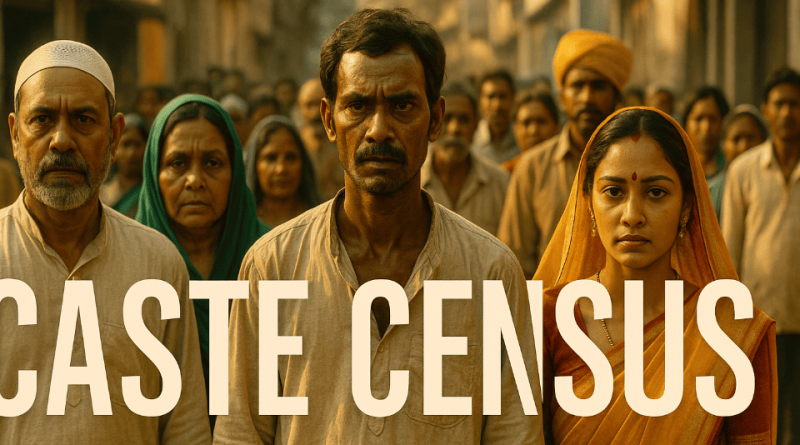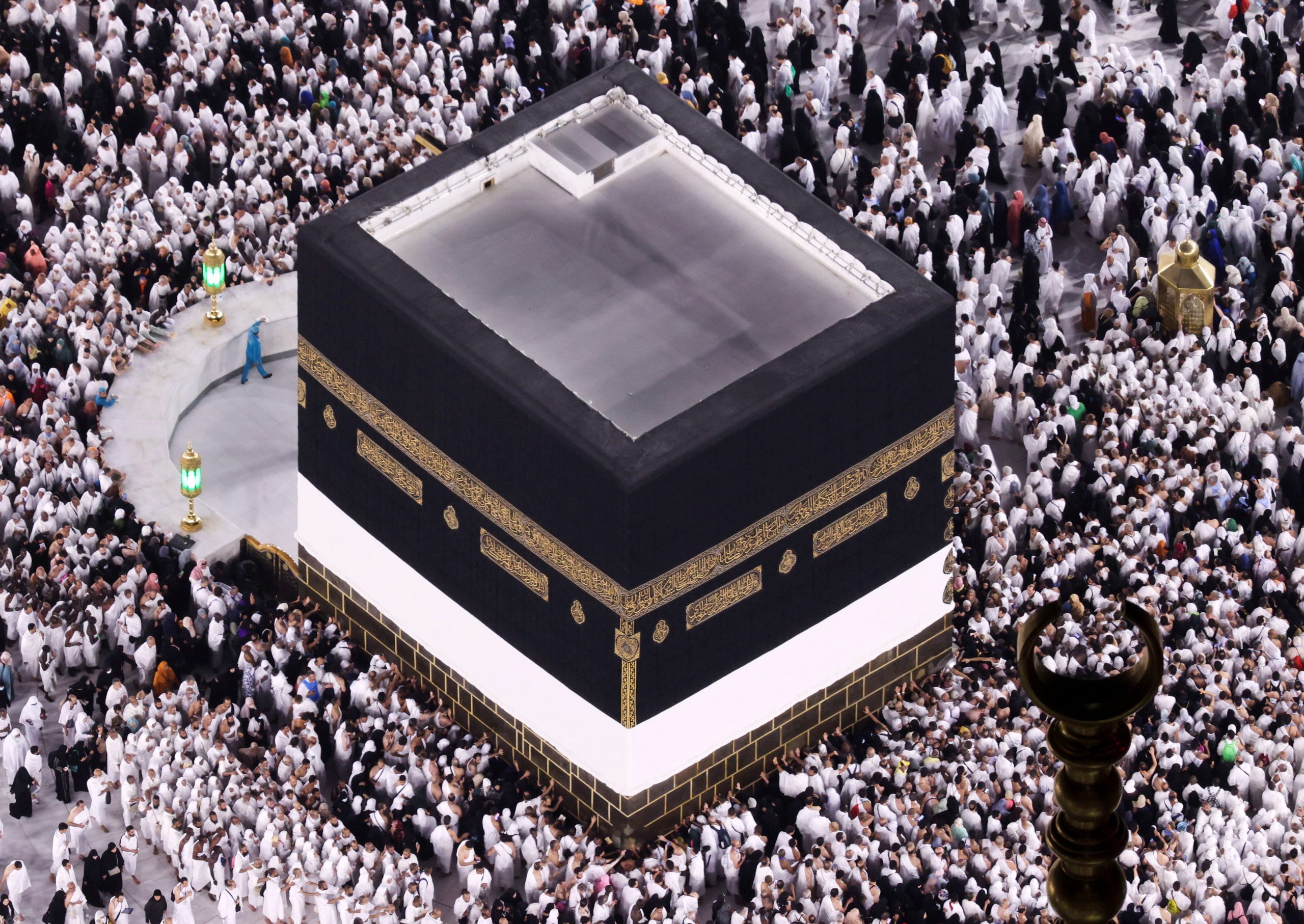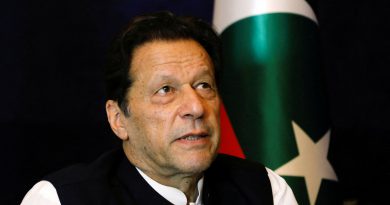OPINION: India’s Caste Census May Finally Recognize Pasmanda Muslims
Recognizing caste within the Muslim population isn’t a threat to unity; it’s a path toward justice.
In a landmark shift, India’s central government has decided to include caste data in the upcoming national census—the first time such a detailed caste count will take place since 1931. On paper, it’s a technical change. But for millions of India’s most invisible citizens, it’s potentially transformative.
Among those who stand to gain the most are Pasmanda Muslims—a broad umbrella term that includes Dalit, Adivasi, and other backward-class Muslim communities. Despite being the numerical majority among India’s Muslims, Pasmandas have long lived in the shadows of policy, politics, and even community representation.
A recent caste survey in Telangana revealed something telling: nearly 80% of the state’s Muslims belong to Pasmanda backgrounds. It was a statistic that didn’t surprise social scientists or grassroots activists—but it was a rare moment of clarity in a country where Muslim identity is often painted with one broad brushstroke.
That simplification has done real harm. The Indian Muslim is frequently seen as a singular, undivided bloc—one minority, one vote bank, one voice. But that narrative erases the deep social hierarchies and caste divisions within the community itself. And Pasmandas, who bear the brunt of poverty, discrimination, and social exclusion, are the ones who disappear from view.
Within the community, elite Muslim groups—those traditionally seen as Ashraf or upper caste—have dominated platforms of power: political parties, religious boards, cultural institutions, and media narratives. Meanwhile, Pasmandas have remained underrepresented, often struggling with lower literacy rates, poorer healthcare, and fewer job opportunities.
The last significant spotlight on Muslim marginalization came nearly two decades ago, through the Sachar Committee Report in 2006. Its findings were damning: many Muslim groups, especially those from Pasmanda backgrounds, fared worse than Scheduled Castes in key development indicators. Yet the lack of caste-disaggregated data meant that policies based on these findings were broad and ineffective. Everyone got lumped together. And as usual, those at the bottom lost out.
That’s why this new caste census matters. It could offer, for the first time in independent India, a full picture of caste realities within the Muslim community. It could provide a foundation for smarter, more targeted policies—ones that don’t just benefit “Muslims” in general, but specifically uplift those most in need.
It also corrects a historical oversight. During British rule, caste among Muslims was acknowledged and documented. The 1901 and 1931 censuses classified Muslims into categories like Ashraf (nobles), Ajlaf (backward), and Arzal (Dalit or “untouchable”). These categories were crude, but they at least reflected a social truth. After independence, however, India adopted a more homogenized view of its minorities—particularly Muslims—and quietly dropped caste from the conversation.
This erasure wasn’t just bureaucratic. It had real consequences. In 1950, Dalit Muslims lost their eligibility for Scheduled Caste (SC) reservations. To this day, they are denied affirmative action on the basis of caste, despite experiencing the same structural discrimination as their Hindu Dalit counterparts.
Welfare schemes and affirmative policies, designed without acknowledging these internal hierarchies, have repeatedly missed their mark. Upper-caste Muslims—though a minority within the minority—have often been the primary beneficiaries. Pasmandas remain at the margins.
For the upcoming census to make a difference, it must be handled transparently and without political interference. The data should be released in full. No filters. No spin. Only then can it serve as a blueprint for real change.
This isn’t about dividing communities—it’s about understanding them. Recognizing caste within the Muslim population isn’t a threat to unity; it’s a path toward justice. It gives voice to those who have long been ignored and lays the groundwork for more inclusive policies.
For Pasmanda Muslims, this census isn’t just a count. It’s a chance to be seen.
Disclaimer: Views expressed by writers in this section are their own and do not reflect Milli Chronicle’s point-of-view.



